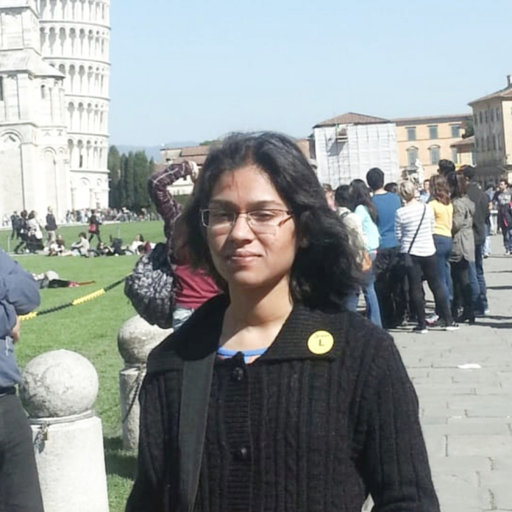Publications
Workshops
2023
Improving Environment Robustness of Deep Reinforcement Learning Approaches for Autonomous Racing Using Bayesian Optimization-based Curriculum Learning
Learning Robot Super Autonomy Workshop @IROS 2023, Oct 2023
[Paper] [Code] [Poster] [Slides] [BibTeX]
2022
Charon: a FrameNet Annotation Tool for Multimodal Corpora
Proceedings of the 16th Linguistic Annotation Workshop (LAW-XVI) @LREC 2022, Jun 2022
*Acknowledged for GSoC 2020 contribution
[Paper] [BibTeX]
Conference Proceedings
2023
An Intelligent RL-based Scheduler to Control Flooding in a Renewable Energy powered Automatic Water Dam control system
IEEE International Conference on Artificial Intelligence and Green Energy (ICAIGE), Oct 2023
[Paper] [Code] [Slides] [BibTeX]
2021
A New Combined Model with Reduced Label Dependency for Malware Classification
3rd International Conference on Integrated Intelligent Computing Communication & Security (ICIIC), Aug 2021
[Paper] [Code] [BibTeX]
2020
Stochastic Game Frameworks for Efficient Energy Management in Microgrid Networks
Innovative Smart Grids Technology (ISGT Europe), IEEE PES, Netherlands, Nov 2020
[Paper] [Code] [Slides] [BibTeX]
Book Chapters
2021
Contemporary Developments and Technologies in Deep Learning based IoT
Deep Learning for Internet of Things Infrastructure, CRC Press, Taylor and Francis
[Paper] [BibTeX]
